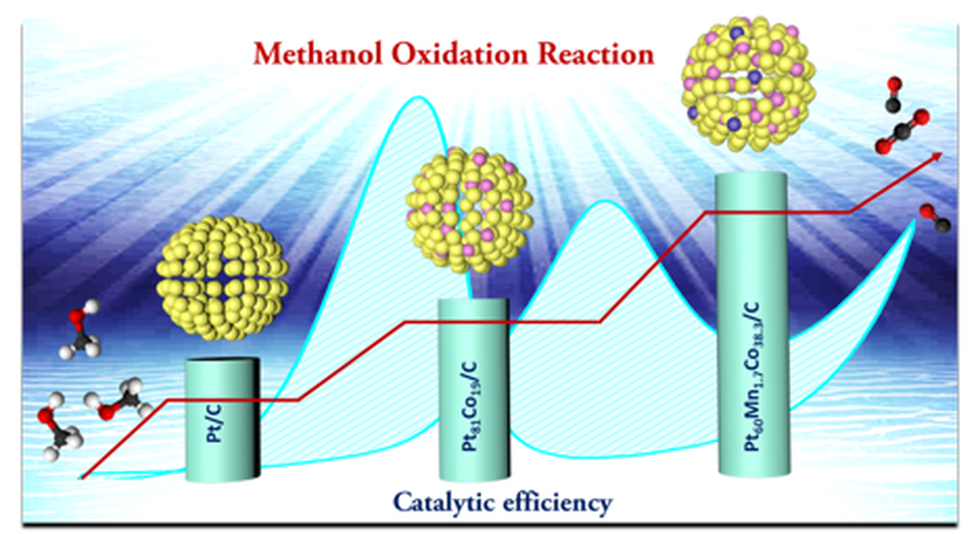
Key findings:
A leopard cat has been spotted in Mah...
A one-member panel appointed by the H...
Google Chrome has been hit with anoth...
The Home Ministry recently sanctioned...
Project Raptor Watch (PRW) of the Mad...
The 4th Joint Committee meeting for t...
According to a study, Indian Ocean ba...
Recently, the world's largest facilit...
Researchers found that once C. elegan...
In the ongoing conflict in Ukraine, R...